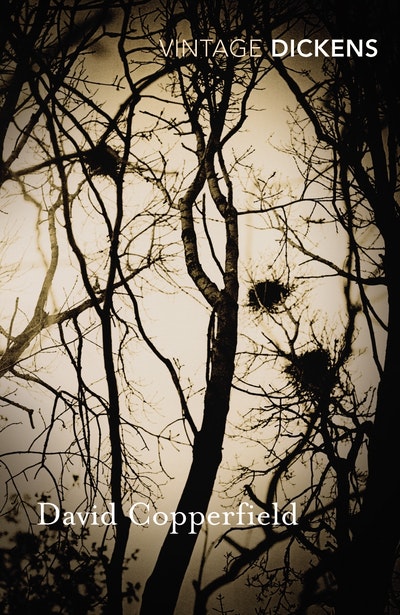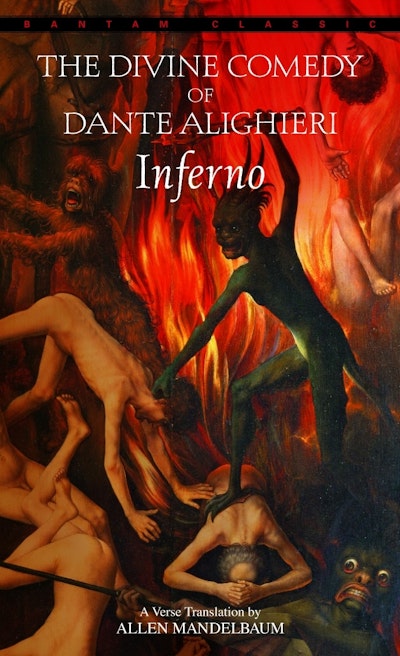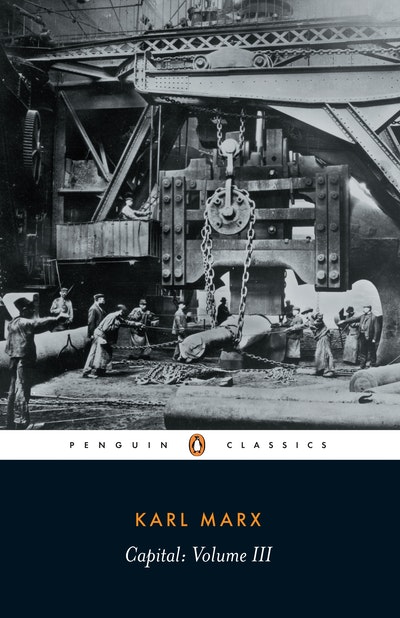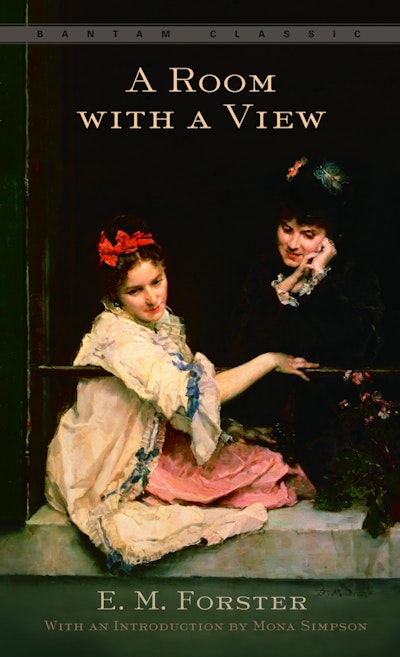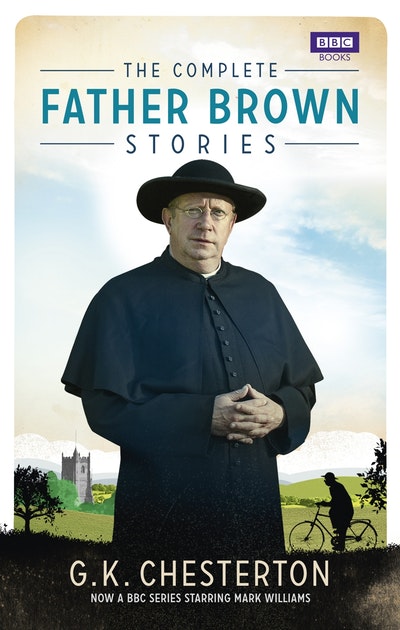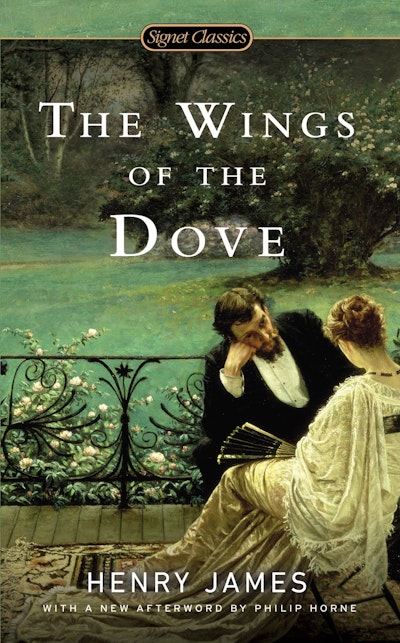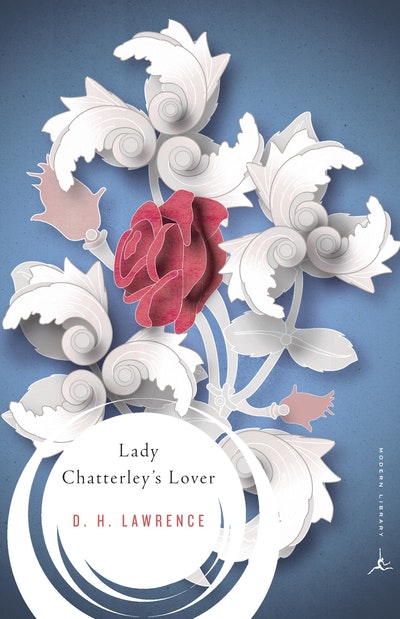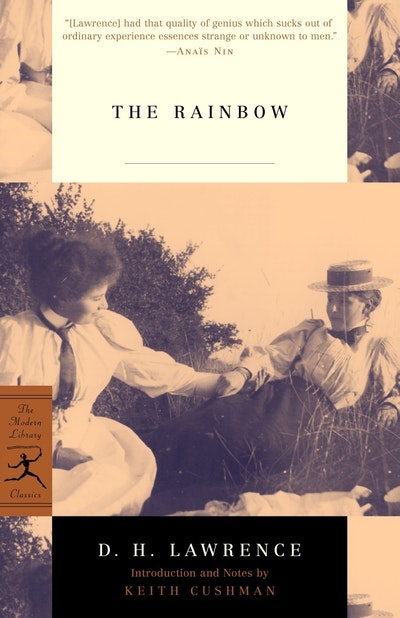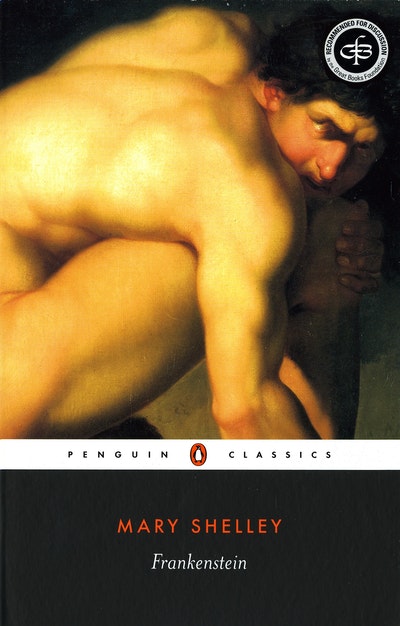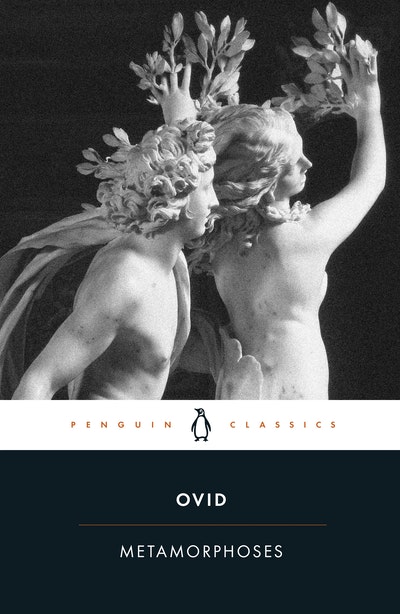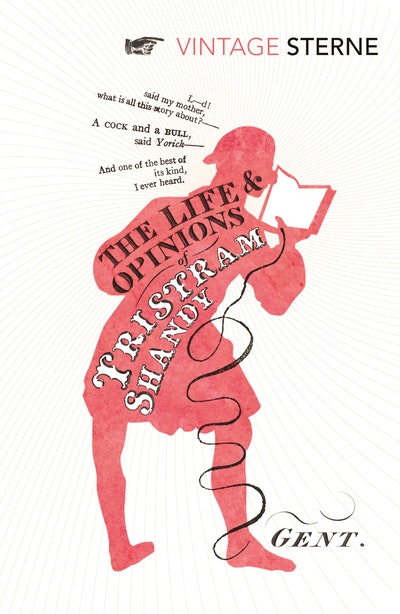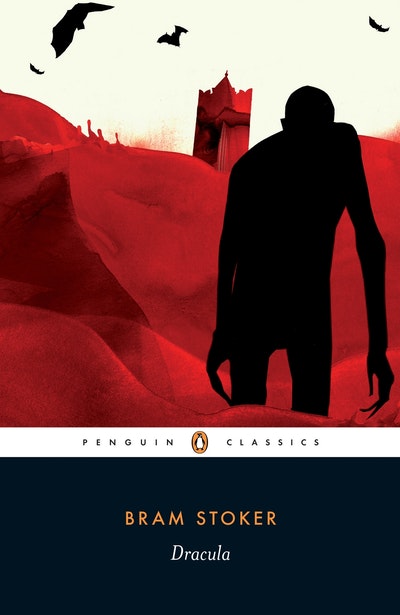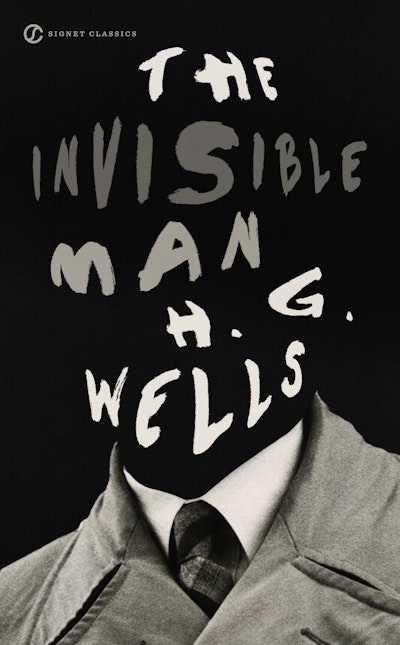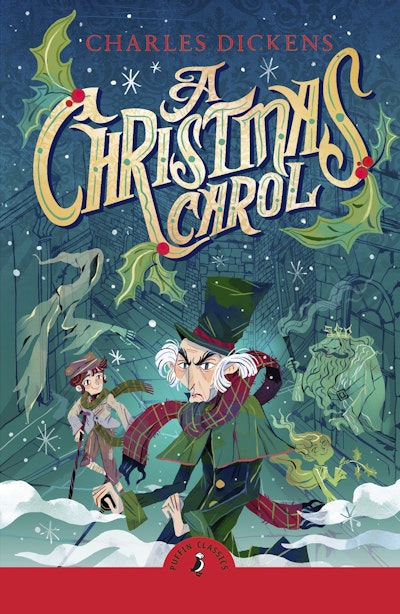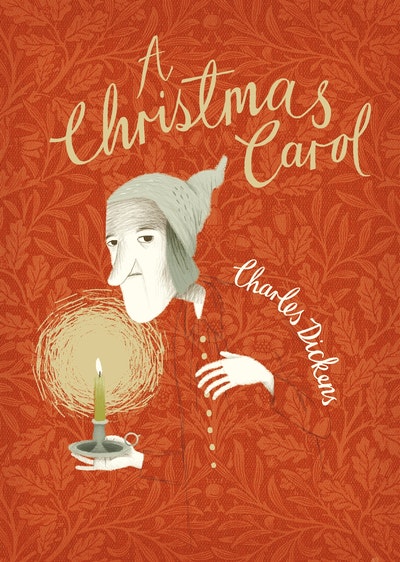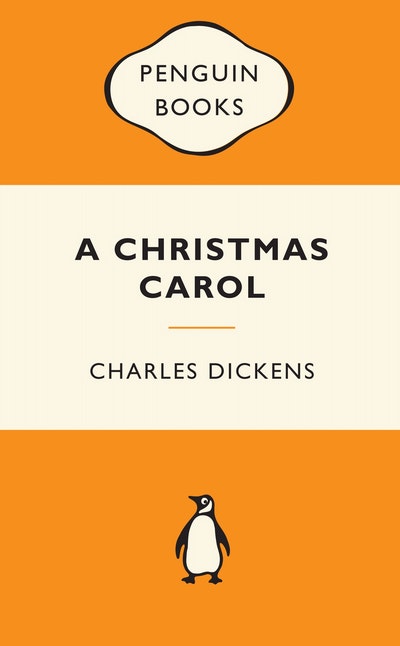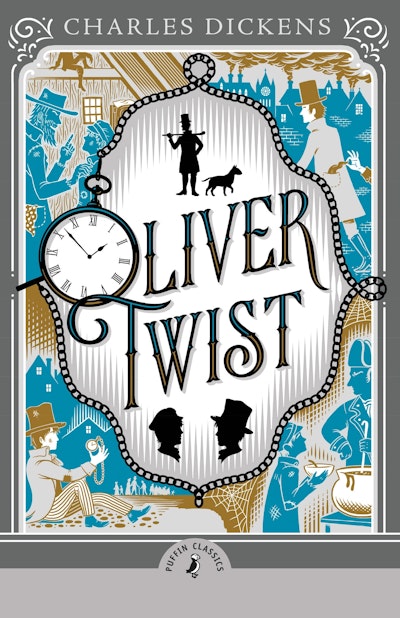- Published: 1 July 2008
- ISBN: 9780099511465
- Imprint: Vintage Classics
- Format: Paperback
- Pages: 976
- RRP: $29.99
David Copperfield
'The most perfect of all the Dickens novels' Virginia Woolf
Rediscover the novel behind the hit new film.
'The most perfect of all the Dickens novels' Virginia Woolf
When David Copperfield escapes from the cruelty of his childhood home, he embarks on a journey to adulthood which will lead him through comedy and tragedy, love and heartbreak and friendship and betrayal. Over the course of his adventures, David meets an array of eccentric characters and learns hard lessons about the world before he finally discovers true happiness.
- Published: 1 July 2008
- ISBN: 9780099511465
- Imprint: Vintage Classics
- Format: Paperback
- Pages: 976
- RRP: $29.99
Other books in the series
About the author
Charles Dickens was born in Hampshire on February 7, 1812. His father was a clerk in the navy pay office, who was well paid but often ended up in financial troubles. When Dickens was twelve years old he was send to work in a shoe polish factory because his family had been taken to the debtors' prison. His career as a writer of fiction started in 1833 when his short stories and essays began to appear in periodicals. The Pickwick Papers, his first commercial success, was published in 1836. The serialisation of Oliver Twist began in 1837. Many other novels followed and The Old Curiosity Shop brought Dickens international fame and he became a celebrity in America as well as Britain. Charles Dickens died on 9 June 1870. He is buried in Westminster Abbey.
Related titles
Praise for David Copperfield
The greatest achievement of the greatest of all novelists
Leo Tolstoy
David Copperfield is Dickens's Hamlet... I can't remember being so moved by one of his novels... What puts David Copperfield right up there with Bleak House and Great Expectations, however, is its sweet nature, and its surprising modernity... Completing David Copperfield has left me feeling bereft
Nick Hornby
I couldn't put it down
Barbara Taylor Bradford
There were never such people as the Micawbers, Peggotty and Barkis, Traddles, Betsey Trotwood and Mr. Dick, Uriah Heep and his mother. They are fantastic inventions of Dickens's exultant imagination...you can never quite forget them
W. Somerset Maugham
Dickens is huge - like the sky. Pick any page of Dickens and it's immediately recognizable as him, yet he might be doing social satire, or farce, or horror, or a psychological study of a murderer - or any combination of these
Susannah Clarke
Dickens did what very few writers have managed to not only describe a city, but to define it... His experience was the Victorian nightmare made real: a swift descent from relative safety and affluence to utter penury and humiliation. The horror never left him. You can see in David Copperfield, as well as in Great Expectations and Nicholas Nickleby, this very real fear of slipping down the social scale... Dickens, for all his sentimentality, was an extraordinary person, inseparable inthe imagination from London, just as London is inseparable from Dickens
Time Out
Dickens has genius to vivify his observation
Spectator
He deals truly with human nature, which never can degrade; he takes up everything, good, bad, or indifferent, which he works up into a rich alluvial deposit. He is natural, and that never can be ridiculous
Quarterly Review
I came to Dickens relatively late in life, but in a way, I think that's the best time. When you're a child, all you see is the plum-pudding characterization and twisting-and-turning storylines, and though that is part of the juicy pleasure of Dickens, you need to be an adult to get the heartbreaking measure of his genius. And nothing shows that more, for me, than David Copperfield. It's the fullest, most breathtakingly truthful story of life - not for nothing was it Freud's favorite novel.
Nigella Lawson
